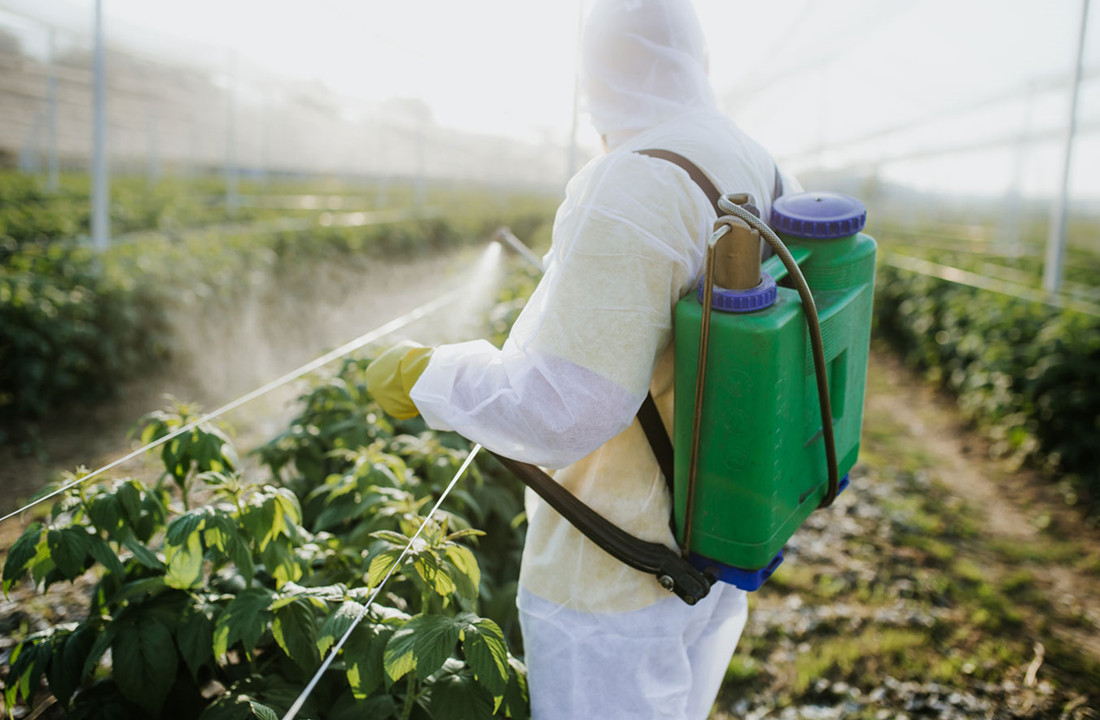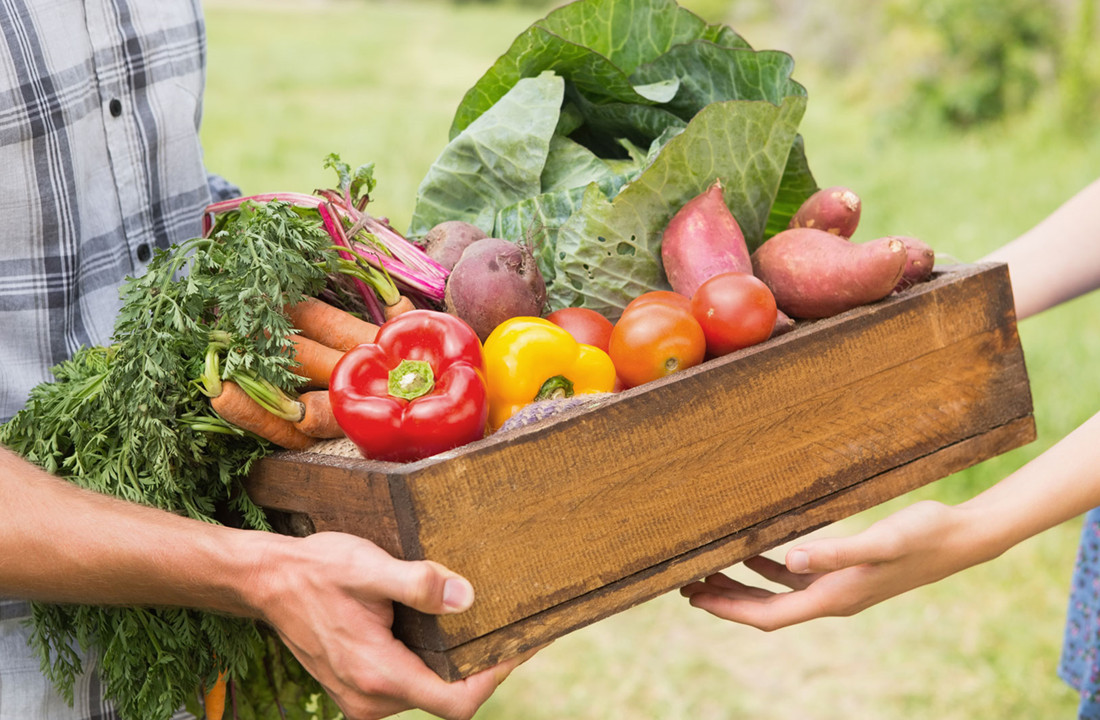The vegetables most likely to be “contaminated” with the herbicide glyphosate include broccoli, Brussels sprouts, cabbage, collards, kale, kohlrabi and mustard greens.
The data is from a new report by Food Democracy Now! and The Detox Project which looked at almost 43 samples of various types of non-GMO feed corn. The samples were tested using liquid chromatography tandem mass spectrometry (LC-MS/MS), which can detect glyphosate at parts per billion (ppb) levels.
The report found that 31 out of the 32 corn samples tested positive for glyphosate, with 29 of those having glyphosate levels higher than 160 ppb. The highest level detected was 1,125.3 ppb.

How to care for vegetables:
“Rinsing thoroughly with water is still the best way to reduce exposure to pesticides. The last rinse a product should be washed in is purely filtered, clean or spring water,” says Katie Ferraro, registered dietitian and LDN board member.To reduce plants or veggies to toxic waste, cook them gently since the heat applied helps eliminate up to 60 percent of herbicides.
That’s because cooking breaks down cell walls in plants that contain compounds that resist decomposition when raw. Heat releases the juices trapped within fruit and veggies that are otherwise hard to digest once consumed….
The Detox Project is a nonprofit organization whose mission is to “raise awareness on the health and environmental impacts of toxic chemicals, empowering people to make informed decisions.”
The new report follows up on a previous study conducted by Food Democracy Now! and The Detox Project which looked at almost 300 samples of various types of conventionally grown oats. Of the 69 percent that tested positive for glyphosate levels above the minimum detectable limit of 0.1 ppb, 45 percent were found with levels at or above the maximum screening level of 10 ppb.
The results of both these studies indicate that glyphosate and its metabolites are frequently present in foods conventionally grown using pesticides, which is a concern because exposure to any amount of glyphosate has been linked to several different cancers.




